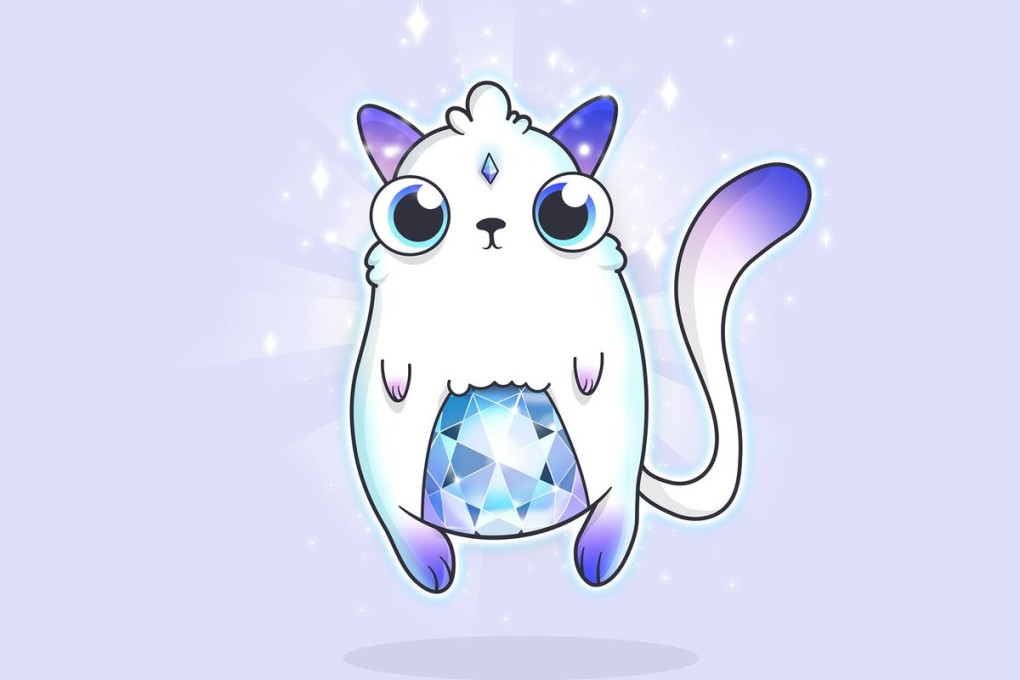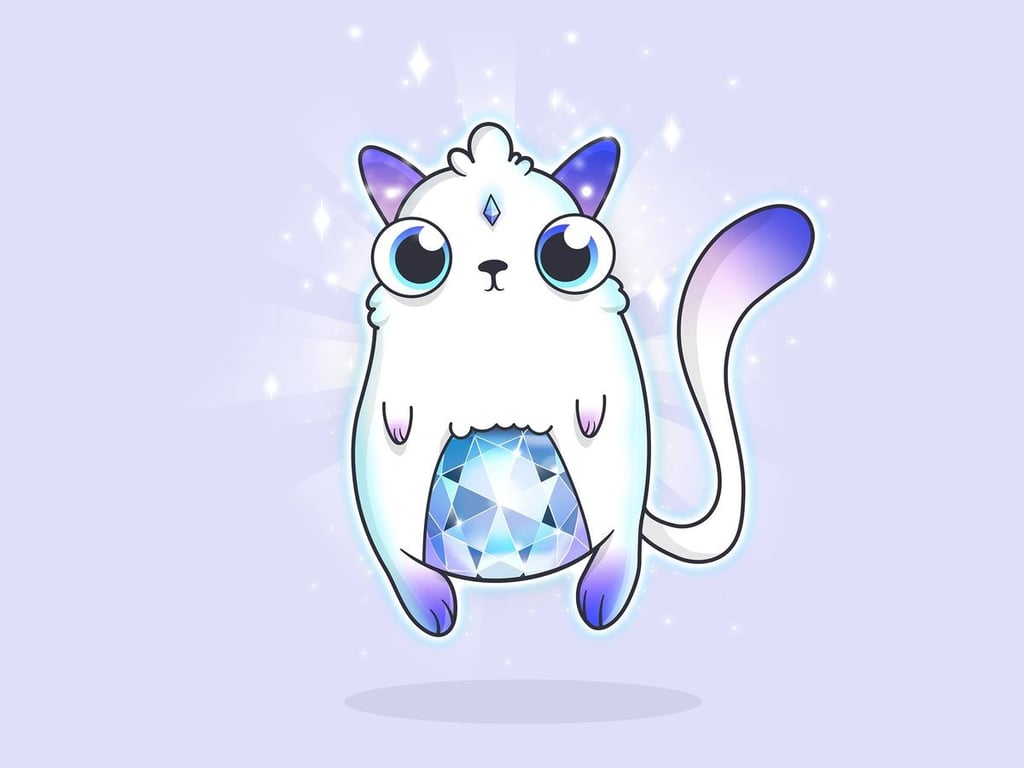Advertisement
The blockchain gaming craze has dried up in China
China’s tech giants launched crypto pets games in the vein of CryptoKitties, but they no longer exist after burning investors
Reading Time:4 minutes
Why you can trust SCMP

This article originally appeared on ABACUS
When CryptoKitties launched in 2017, it kicked off a craze for blockchain-based games that allowed people to buy and sell virtual animals.
There are now more than a million virtual cats available across various blockchains. And not just cats: There are digital dogs, cyber bunnies, crypto alpacas, frogs and robots, many of which are now abandoned remnants of one of the fastest technology boom-and-bust bubbles the world has seen.

Advertisement
Chinese tech companies were quick to capitalize on the trend, but the biggest games wouldn’t last long. Many players who sunk their hard-earned cash into collecting digital pets got burned when the bubble popped.
Lured by aggressive promotion and promises of becoming a millionaire, Mr. Dong transferred US$14,200 to buy virtual pigs on a game called Bit Pig. In late July, however, he found that the platform no longer worked and his investment was gone, according to a WeChat post from the internet police in Shanghai’s Pudong district.
Advertisement
At its peak, the hype drove thousands like Mr. Dong to invest in cryptocurrencies and blockchain-based projects. The technology, based around a tamper-proof distributed ledger, found its way into every industry imaginable, including gaming.
Advertisement
Select Voice
Select Speed
1.00x